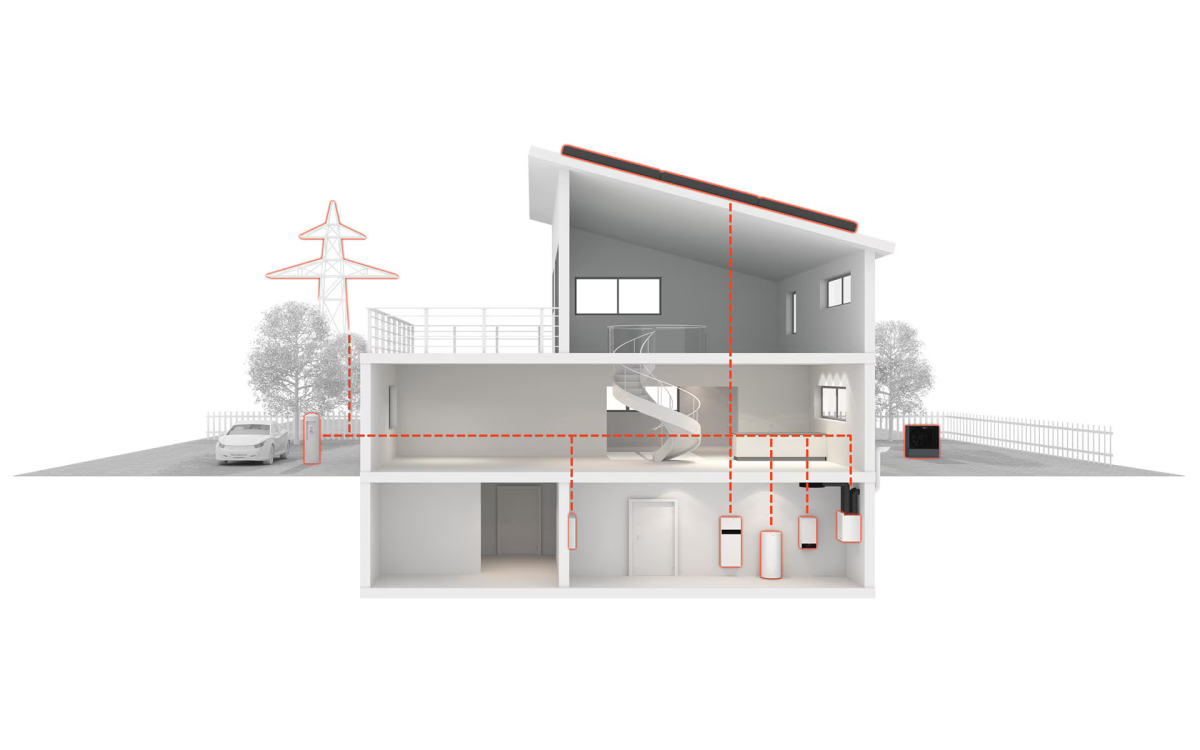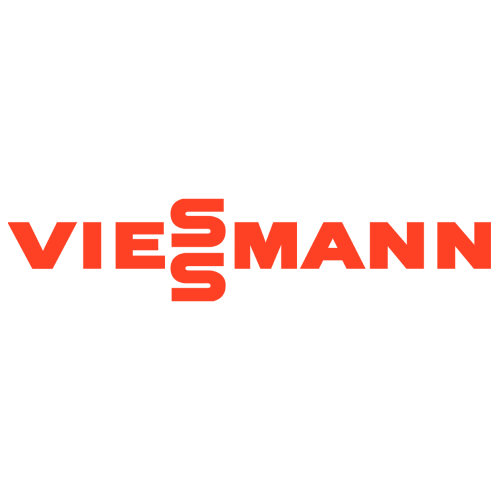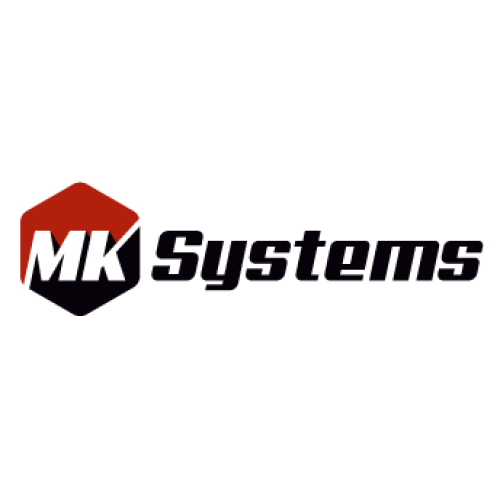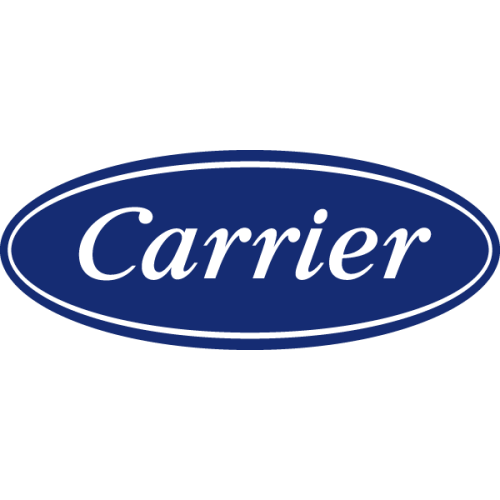Heating system - which one is best for you?
Heating system – which one is best for you?
Do you want to modernize or effectively supplement your heating system? Viessmann offers tailored system solutions designed for use in private homes and multi-family buildings. The offer includes condensing boilers for fossil fuels, as well as renewable energy sources and hybrid solutions. In addition, Viessmann's product range also includes heat generators that run on electricity. So, which heating system is right for you, how to save energy while reducing costs, and what services does Viessmann offer for modern heating systems? On this page, you will find information about various heating and system solutions, as well as important information that can serve as a basis for your purchase decision.
Viessmann modernization compass is your guide
Modernizing an existing heating system is worth it. In our modernization compass, we will show you what technical possibilities you have and how it pays off by saving heating costs.
How to properly prepare for the purchase of a heating system
If you want to renew your heating system, the first step is comprehensive preparation. This is because planning is crucial. First, you need to answer a few questions yourself. After all, there are so many heating technologies to choose from. Furthermore, it must match your building, as well as your individually desired heating mode and ideas.
What criteria are most important to you?
- Should it be a heating system with renewable energy sources, or should classical energy sources – liquid fuel and gas – be considered?
- How much space is available for fuel or all equipment?
- Do you need a combination of different systems?
- How much investment are you planning to afford?
So the first step is to clarify the facts. Additionally, we recommend consulting a competent Viessmann partner who will advise you on all aspects of modern heating systems. You can find out how this process can take place in our video.
Using a checklist to find the right heating system
What types of heating are available and do they meet your individual requirements? To narrow down your choice in advance, you can use this checklist. It will make the path to modern heating clearer and simpler.
Gas heating provides heat to more than 40 percent of German households. The advantages are a decades-proven technology that uses gas particularly efficiently, thanks to condensing technology and a small footprint. Wall-mounted gas boilers are particularly compact. Therefore, the heating system is ideally suited for both private homes without a basement or boiler room, and for individual apartments in multi-family homes.
When making a decision, it is also important to know that, despite limited global gas reserves, gas condensing technology has a future thanks to biogas and possible hydrogen admixture. In addition, Viessmann heating systems can be combined with heat generators based on renewable energy sources, forming hybrid systems.
Heating with gas – a reasonable decision if:
- you want a heating system with proven condensing technology, designed for fossil fuels
- you have limited space for heating equipment
- you already have a gas connection or a liquefied gas tank
- you want a modern heating system with a good price-quality ratio
- you want to have the option to combine with renewable energy sources
Condensing technology makes heating with fossil fuels promising for the future. As with gas heating, energy is used efficiently. However, unlike the latter, space for a liquid fuel tank must be considered. How much space is available or how large the tank should be depends on the size and energy condition of the building, as well as individual heating habits. In fully modernized existing buildings, heating demand is significantly lower than in unmodernized buildings. General rule: a Viessmann heating system powered by liquid fuel can also be operated with bio-oil and combined with renewable heat generators.
Heating with liquid fuel – a reasonable decision if...
- You want a heating system with proven condensing technology for fossil fuels
- You already heat with liquid fuel
- You have a liquid fuel tank or a suitable place for it
- You want a reliable heating appliance with a good price-efficiency ratio
- You want to have the option to combine with renewable energy sources
Hybrid heating systems use multiple energy sources. This allows combining fossil and regenerative energy sources, such as a gas or liquid fuel condensing boiler with a heat pump. This provides great flexibility, as the innovative Viessmann control system ensures that the most efficient and economical operating mode is always automatically selected. As an alternative to the economic mode, an ecological equivalent is available. In this mode, the system operates with a focus on reducing CO₂ emissions. If the requirements are met, integration of a photovoltaic system is also possible. This means that you can generate the electricity needed for the heating system yourself.
Hybrid system – a reasonable decision if...
- You already heat with liquid fuel or gas
- You want to rely on sustainable heat generation using a second heating system
- You always want to automatically use the cheapest or most ecological heat supply
- You want to become more independent from your electricity supplier by using a photovoltaic system
A heat pump uses energy stored in the air, ground, or water for heating. It is an efficient and climate-friendly solution. Since heat sources can be accessed in various ways, this type of heating is suitable for almost any type of building. If the operation of a ground source heat pump is not possible due to geographical location or lack of space, an air source heat pump is a viable alternative. A very interesting point: Viessmann heating systems can also be used for cooling in summer. However, it is important to know that for technical reasons, heat pumps work efficiently mainly in combination with low-temperature heating systems. This should be especially considered when modernizing existing heating systems. Your plans should also provide enough space for a buffer tank, which is necessary for heat storage.
Heating with a heat pump – a reasonable decision if...
- You want to use freely available environmental energy for heating.
- You own a property where it is possible to install geothermal collectors, probes, or an air-to-water heat pump.
- You want to use the device for cooling in summer as well.
- You have underfloor heating or oversized radiators.
With fuel cell technology, both heat and electricity can be generated. This contributes to a high degree of self-sufficiency, as electricity can be used by the residents themselves or fed into the public electricity grid. In total, up to 40% energy can be saved in this way. Since the hydrogen required for the operation of Viessmann heating systems is obtained from gas, a suitable connection is an important prerequisite. It is also important that electricity and heat generation occur in parallel. To produce sufficient power, heat consumption must be correspondingly high. Therefore, a buffer tank is recommended for storing excess heat. With a buffer tank, the heating system is also suitable for single-family homes with a regulated heat demand.
Heat and electricity generation – a reasonable decision if...
- You heat with gas or have a gas connection
- You want to produce heat and electricity with a modern heating system
- You want greater independence from your electricity supplier
Solar thermal energy uses freely available solar energy as a heat source. Solar thermal systems are suitable for domestic hot water preparation or as a supplement to a heating system. It is not possible to provide the entire heat supply. However, the savings potential is impressive: 60 percent of heating energy can be saved annually if hot water preparation is provided, and about 30 percent if a combined central heating support system is provided. By reducing the use of fossil fuel heating systems, both energy costs and CO₂ emissions can be reduced. However, for the investment to pay off, the roof must be unshaded and oriented to the south, west, or east.
Solar thermal energy – a reasonable decision if...
- You want to use solar energy for water heating or as an additional energy source for your heating system.
- You own a house with an unshaded roof surface facing south, west, or east.
- You want to supplement your existing heating system with renewable energy sources.
A photovoltaic system converts solar energy into electricity. This energy can be fed into the public electricity grid for compensation or used by the owner himself, for example, to power electrical equipment in his household, such as a heat pump. As electricity purchase fees decrease and electricity prices increase, the latter option is currently much more interesting. For the investment in such a system to pay off, the roof must be oriented to the south, west, or east. Furthermore, make sure that it is not obscured by trees or mountains, etc.
Photovoltaic – a reasonable decision if...
- You own a house with an unshaded roof area facing south, west, or east.
- You want greater independence from your electricity supplier by using energy from the roof.
- You want to generate electricity yourself to power your heating system.
- You want to export electricity to the national grid.
In addition to heating, indoor environment is also affected by mechanical ventilation. It helps to prevent moisture and thus prevents mold formation and possible building damage. Systems with heat recovery can also relieve the heating system. This is because the heat accumulated in the exhaust air is not simply discharged outside, but is used to heat the incoming fresh air. Integrated filters retain fine dust and pollen in the incoming fresh air. The latter provide relief, especially for allergic people. Basically, central and decentralized ventilation systems can be distinguished. Centralized systems are more suitable for new buildings, as their installation is more complex, but decentralized systems are also a good solution for existing buildings and for ventilating individual rooms.
Mechanical ventilation – a reasonable decision if...
- You want to recover valuable heat energy from exhaust air using heat recovery.
- You want a consistently good and healthy indoor environment.
- You want to prevent mold invasion.
- As an allergic person, you want to filter particles from the air.
- You want to prevent fine dust and noise.
- You want to avoid drafts.
Electric hot water systems heat domestic hot water only when it is actually needed. This is particularly hygienic, as water does not remain stagnant in pipes for long periods. In addition, hot water can be supplied independently of the central heating system. However, given the relatively high electricity costs, these systems are mainly useful in rarely used rooms, such as a guest bathroom. Electric room heating systems are particularly suitable for newly built low-energy and passive houses. They have particularly low energy consumption for heating, as well as low electricity costs. Benefit: rapid heating of tiled floors in the bathroom and kitchen. Electronic Viessmann instantaneous water heaters and electric room heating systems in combination with heat pumps ensure a sustainable increase in system efficiency.
Electronic hot water systems – a reasonable decision if...
- You only need hot water in a few rooms.
- You want to heat water independently of the central heating.
- You want to heat a newly built passive or low-energy house.
- You are looking for rapid room heating.
Determine your modernization and savings opportunities
A new heating system can be expensive. However, modernizing an existing heating system allows you to save on heating costs, especially in the long term, and therefore usually pays for itself after a few years. In addition, you are doing something good for the environment. You can find out how significant your potential savings can be by using our free building energy efficiency check.
The only TÜV-certified building energy efficiency check
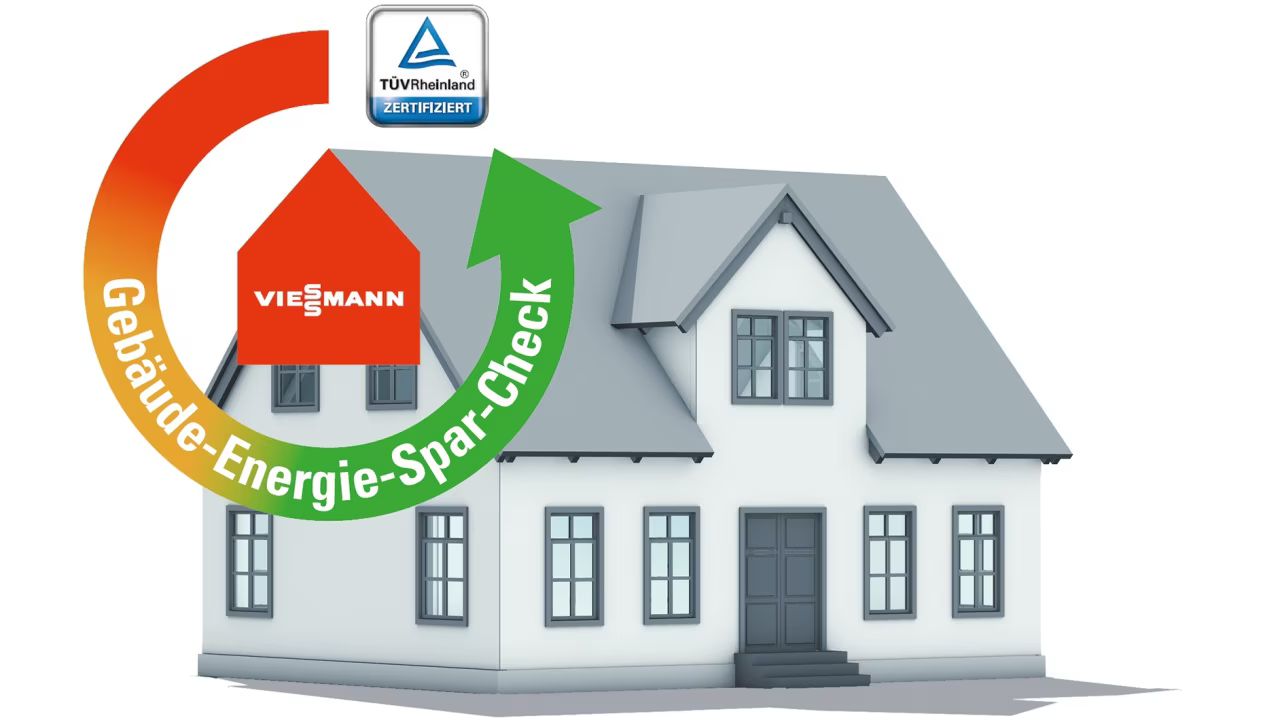
With the Viessmann building energy efficiency check, individual modernization options and savings potential can be determined quickly, easily, and reliably. It is the only program of its kind whose calculations are certified by TÜV Rheinland. This means you receive an objective result.
Take the Quick Check now, and your local Viessmann sales partner will be happy to advise you afterwards.
In the video, learn how the Berg family calculated their potential savings using the building energy saving check.
Author: viessmann.lv

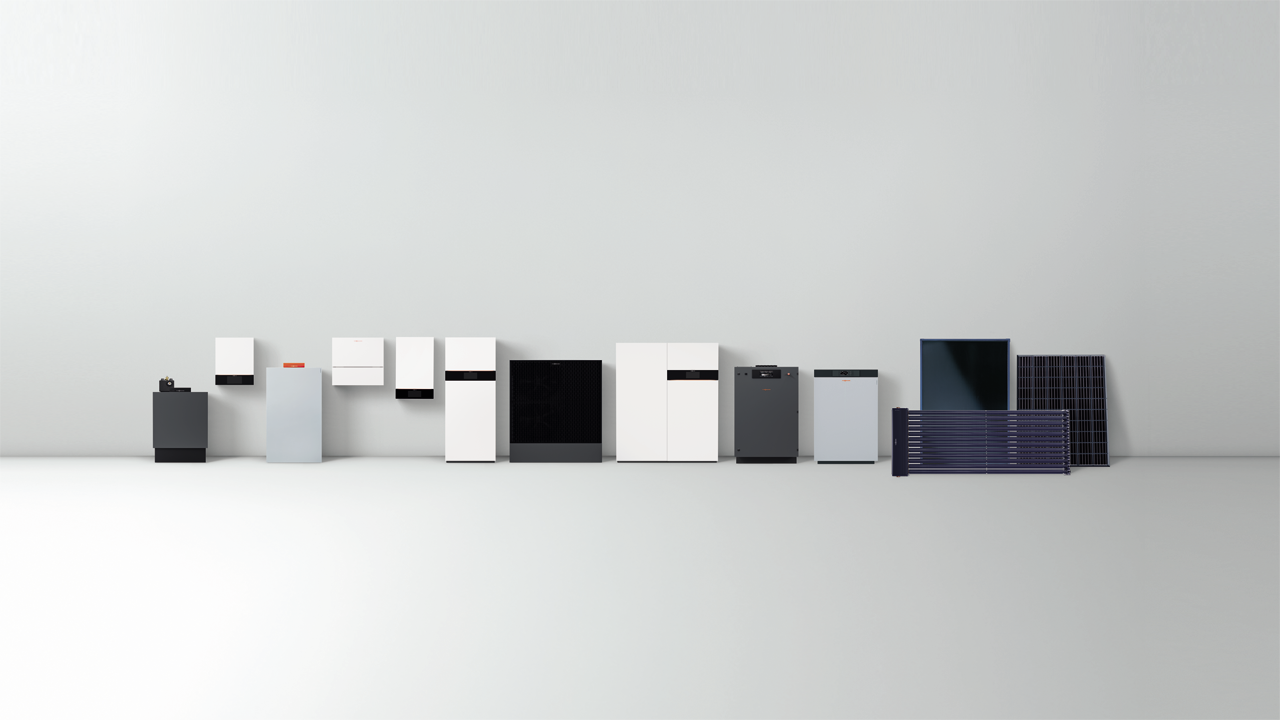
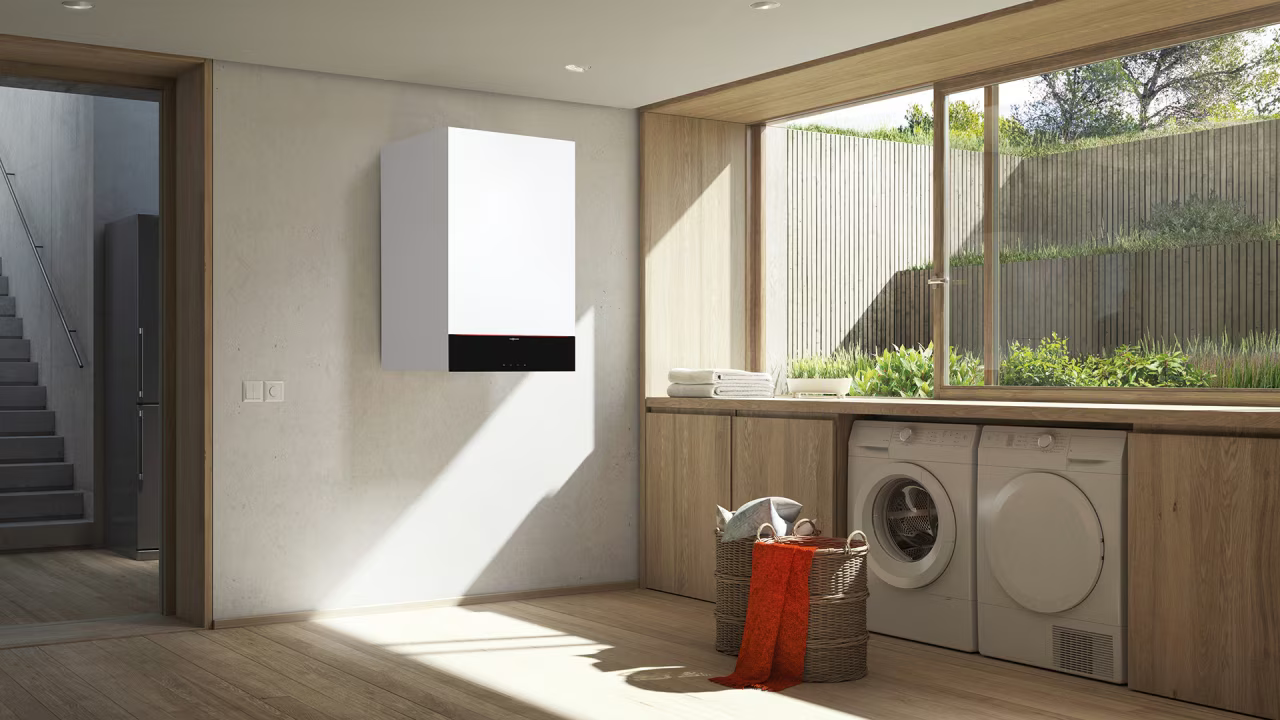
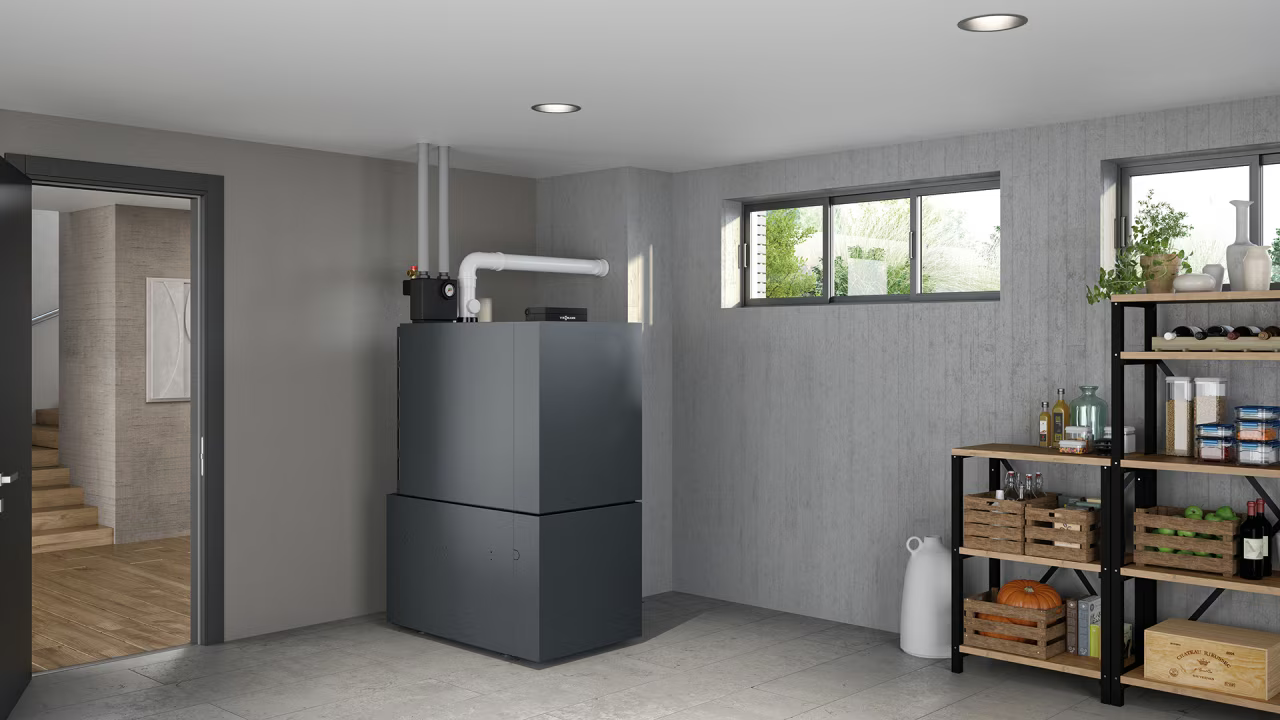
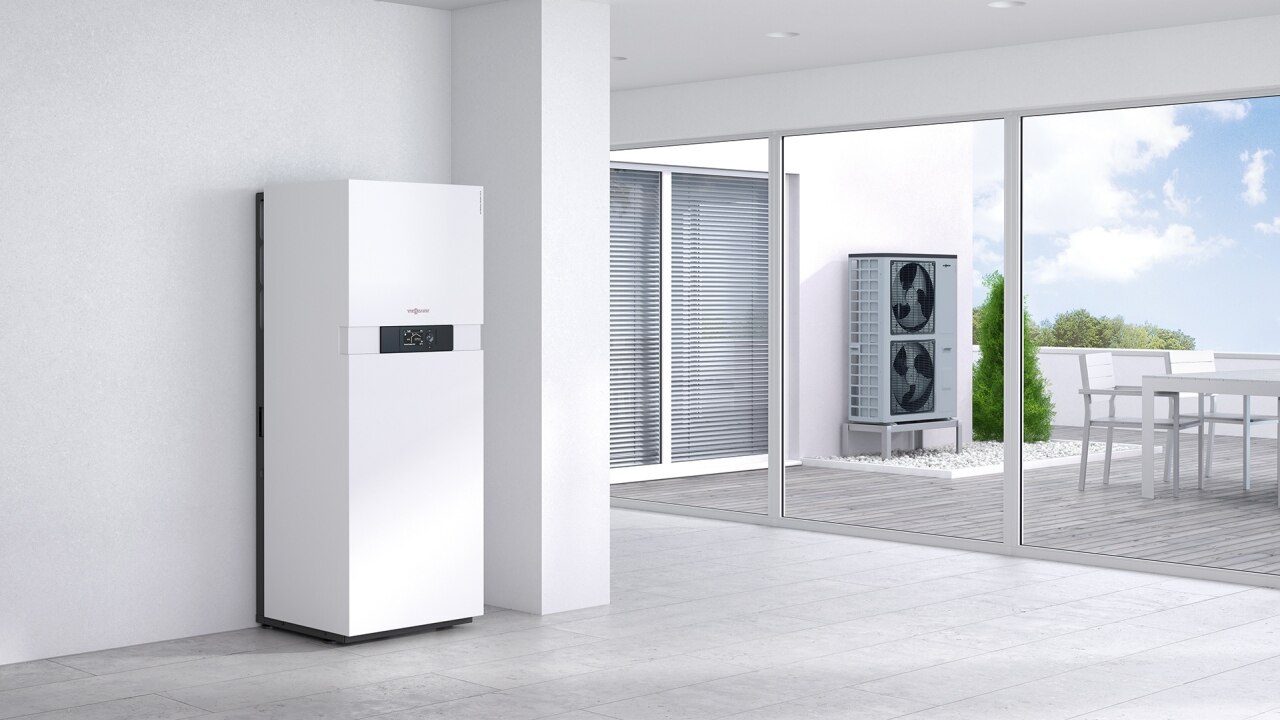
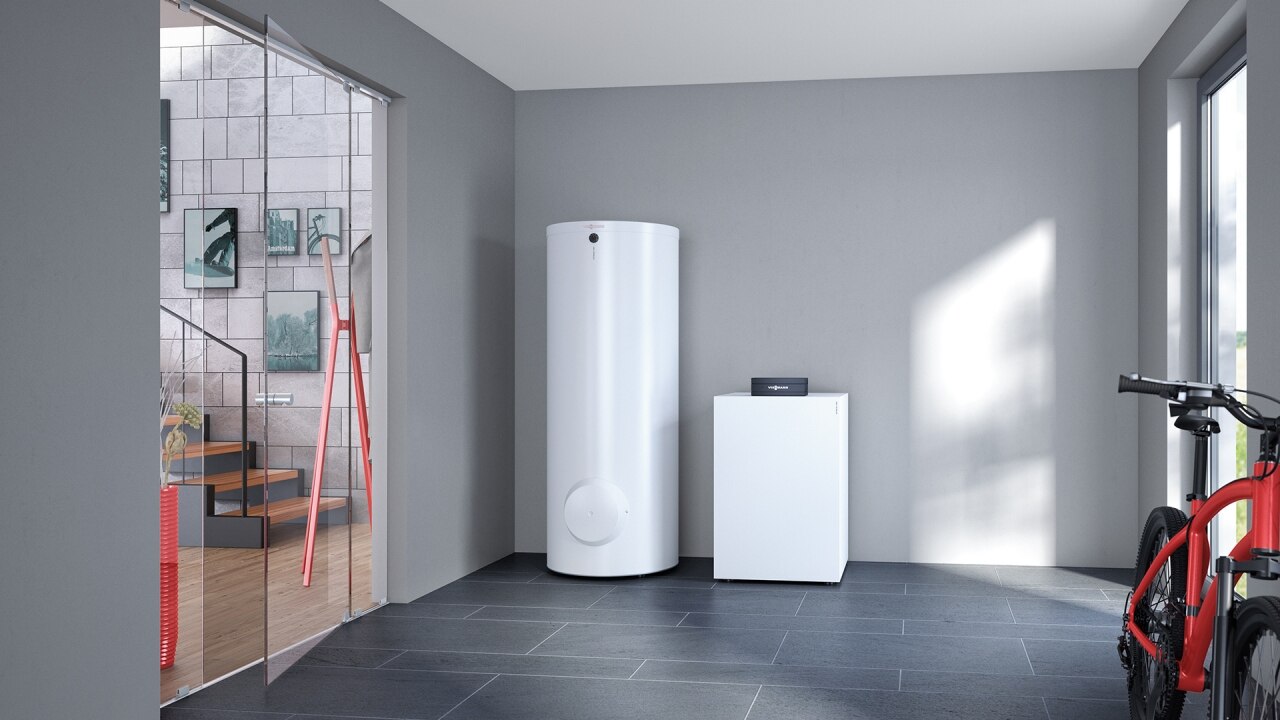
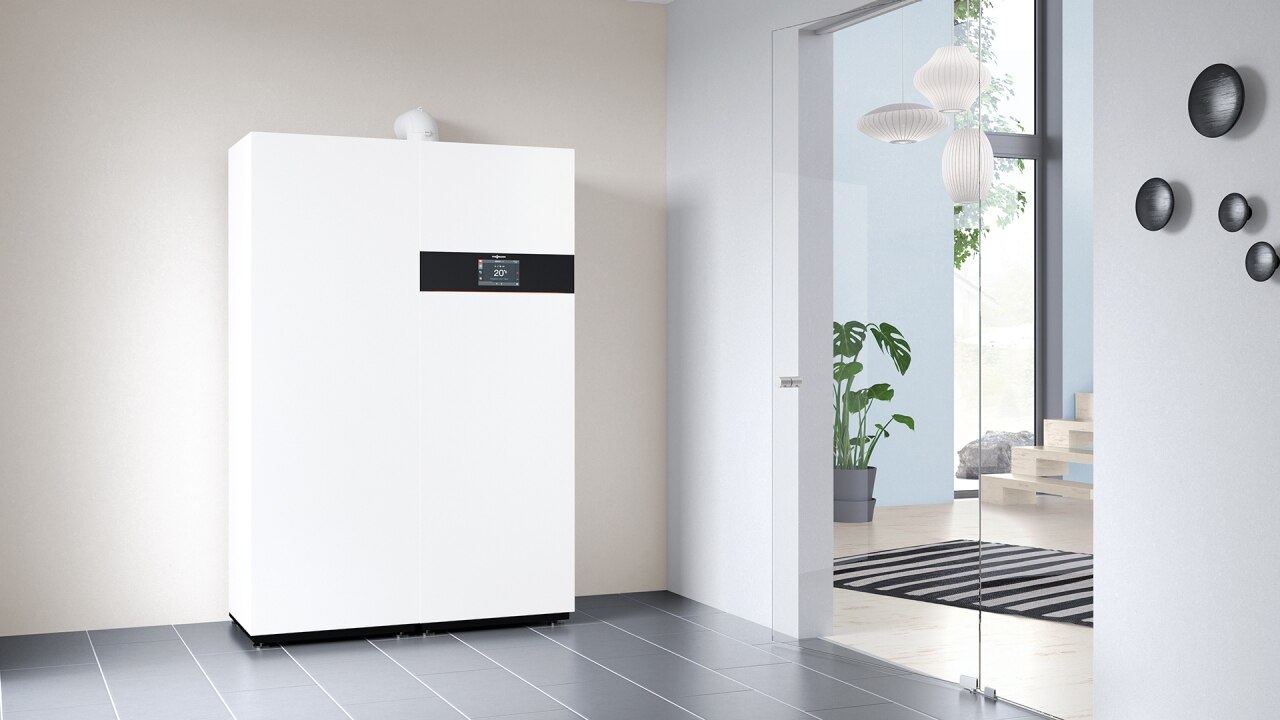
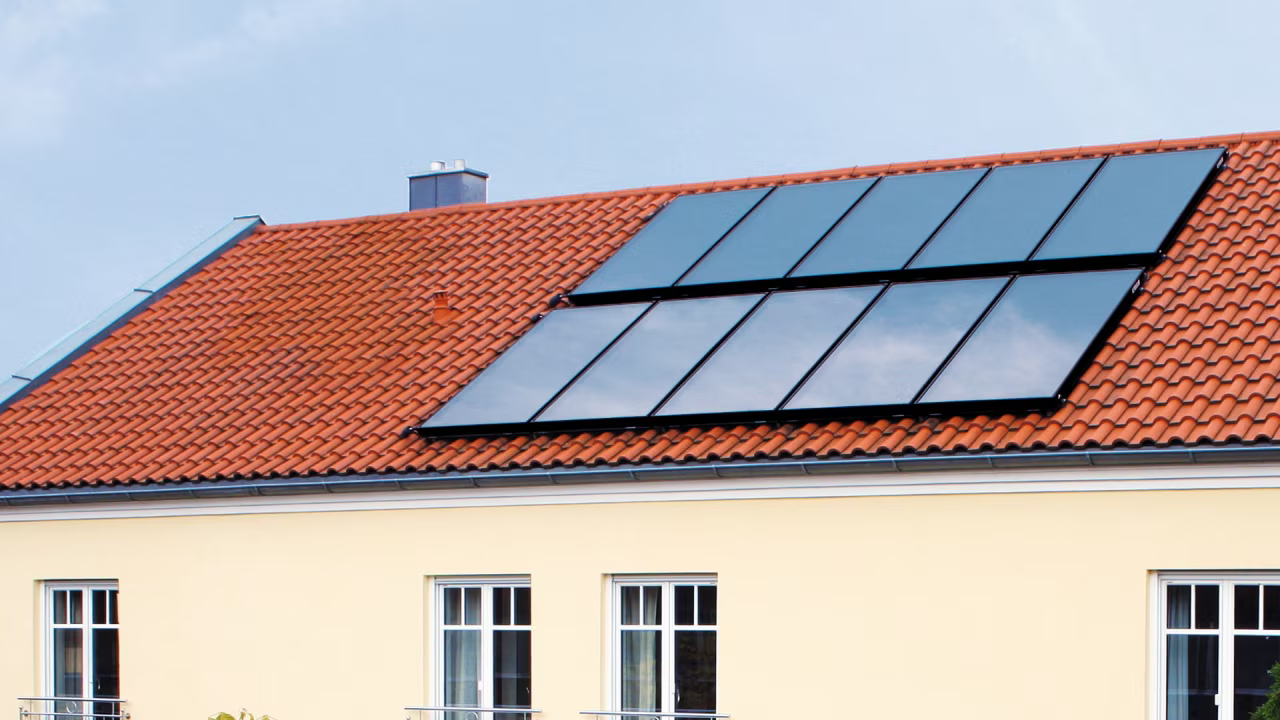
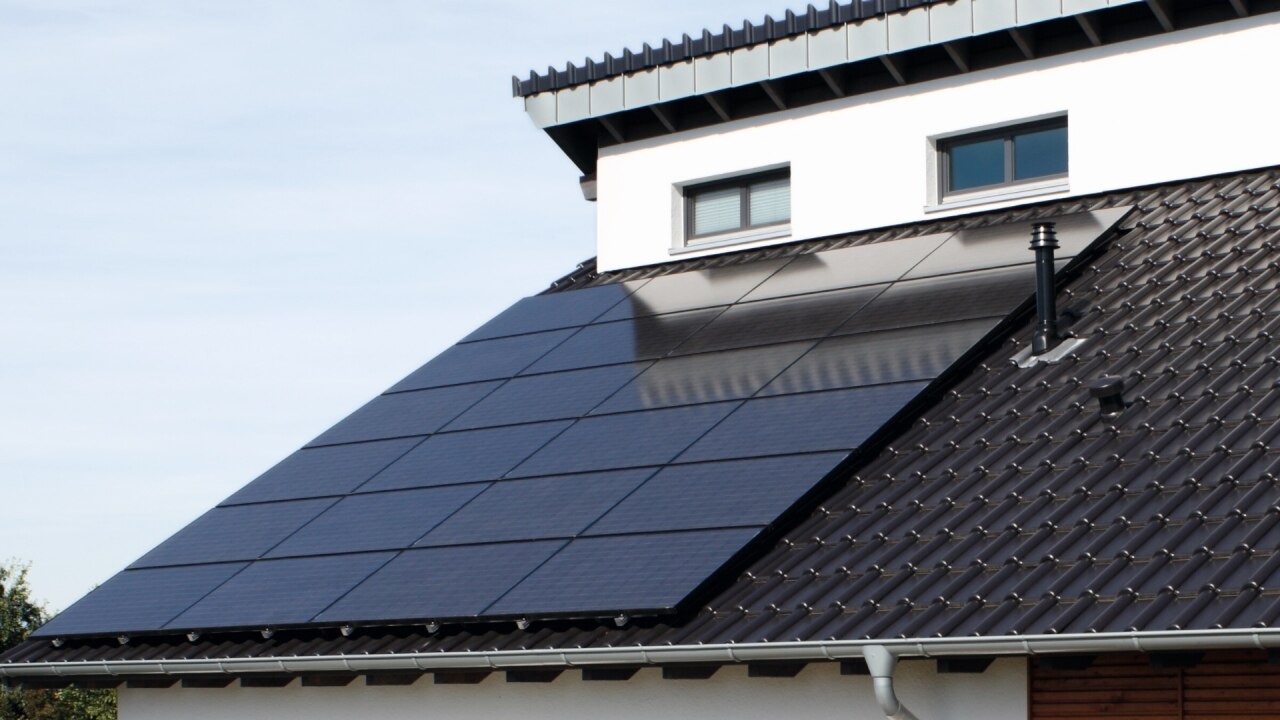
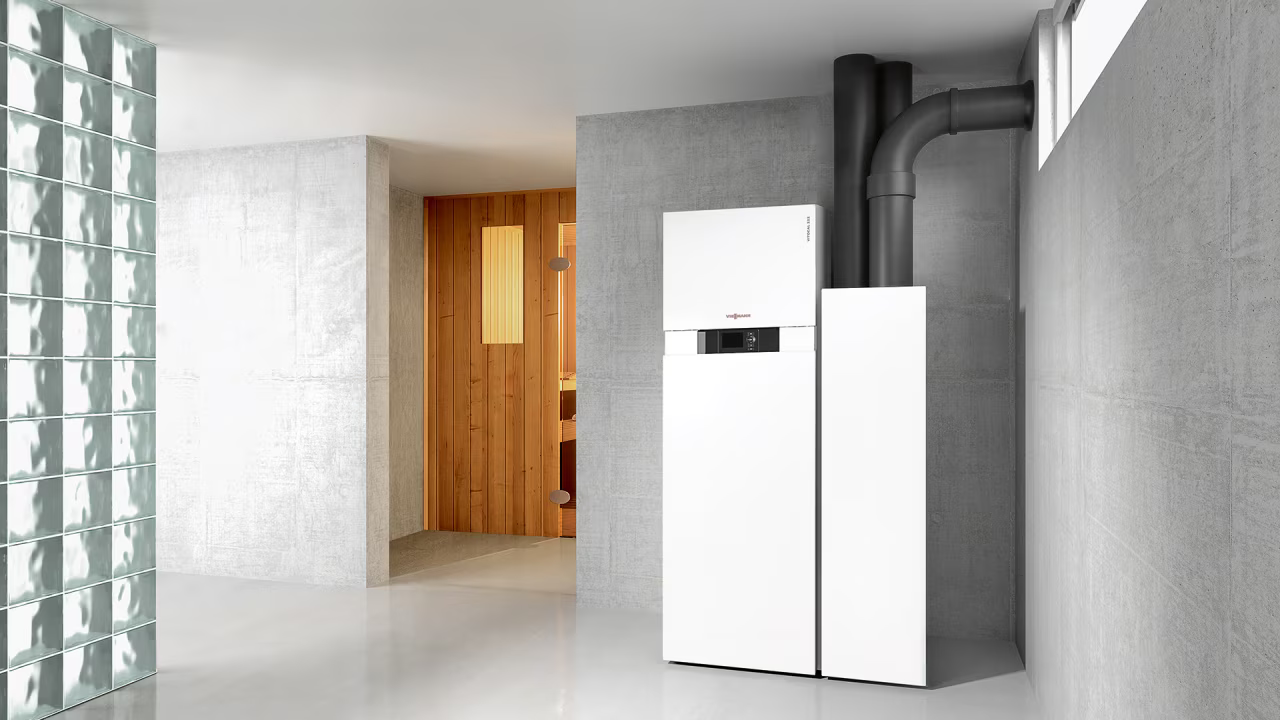
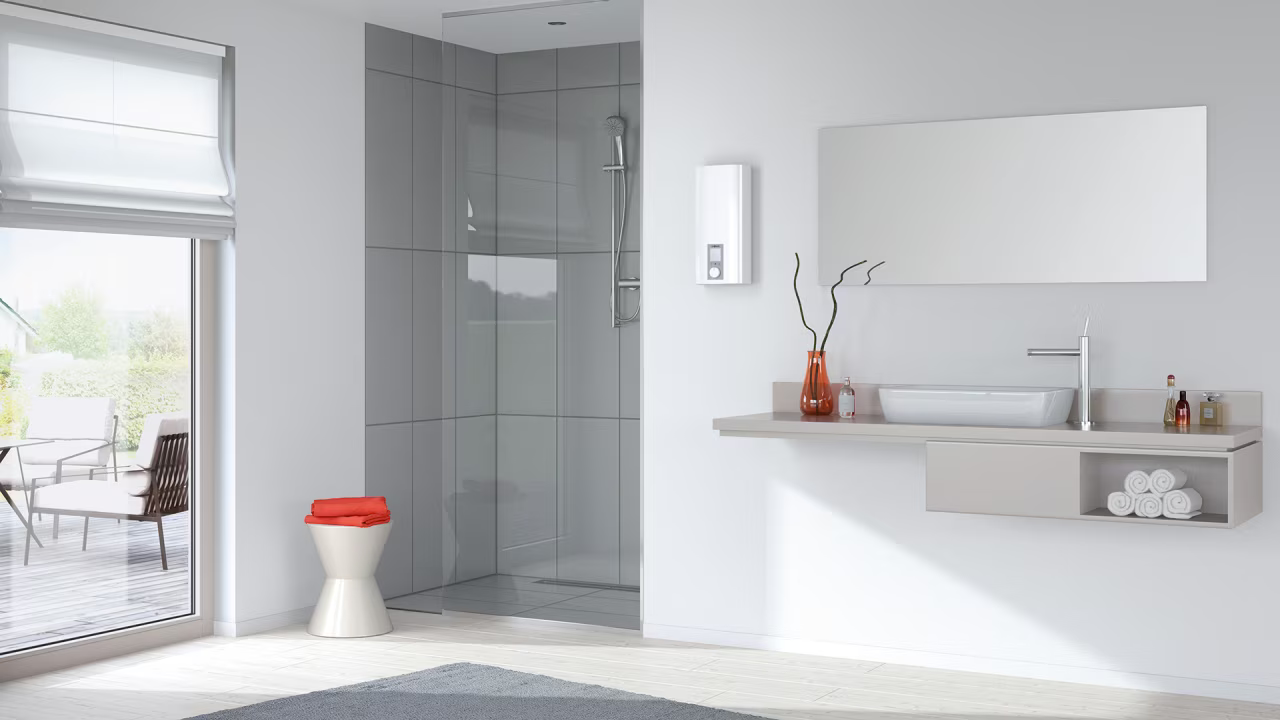
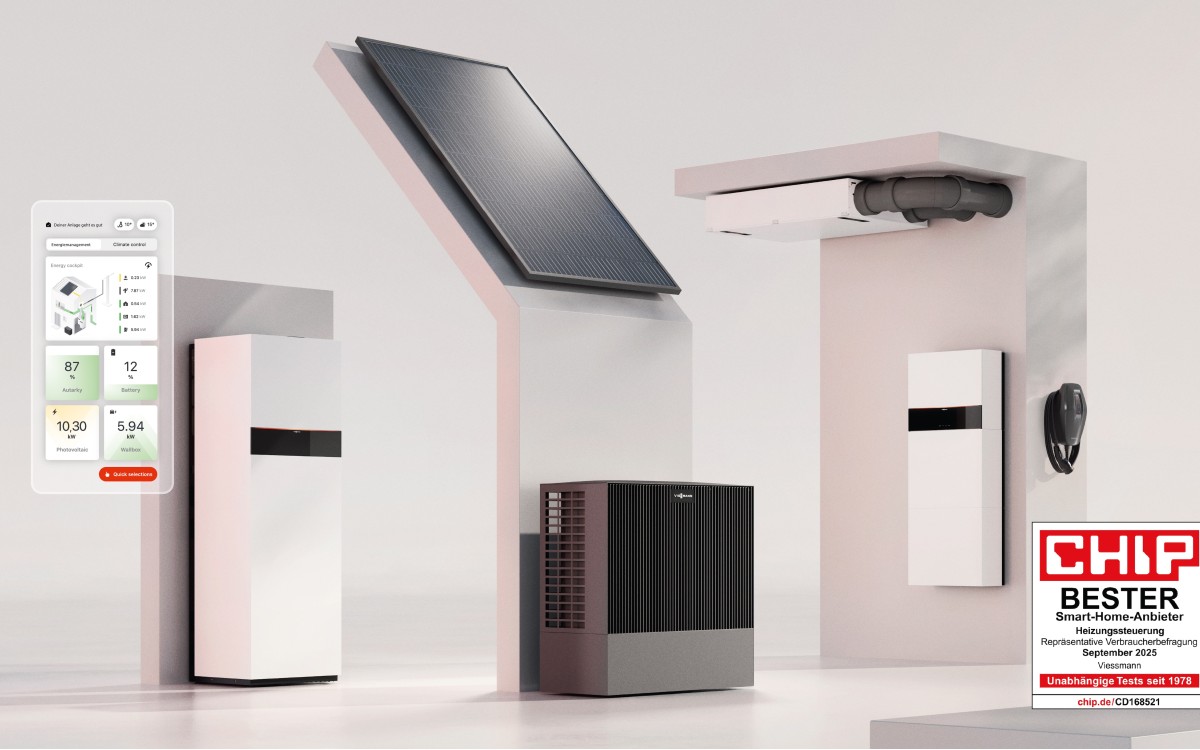
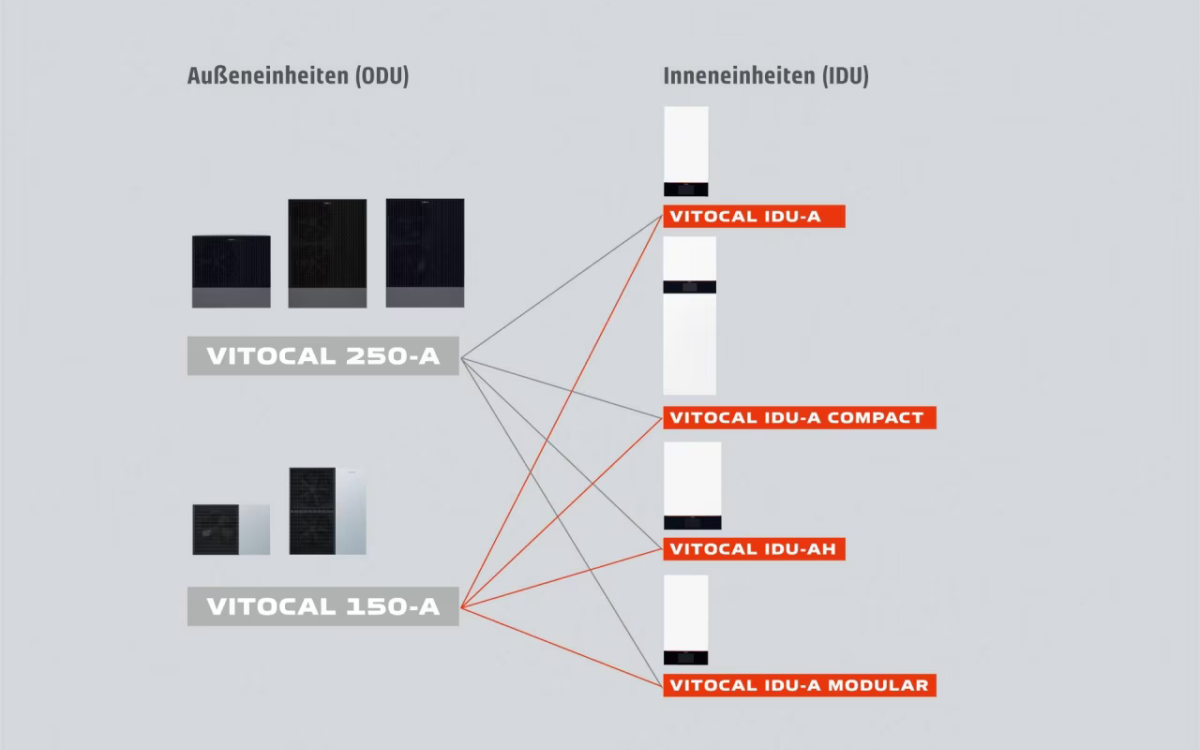
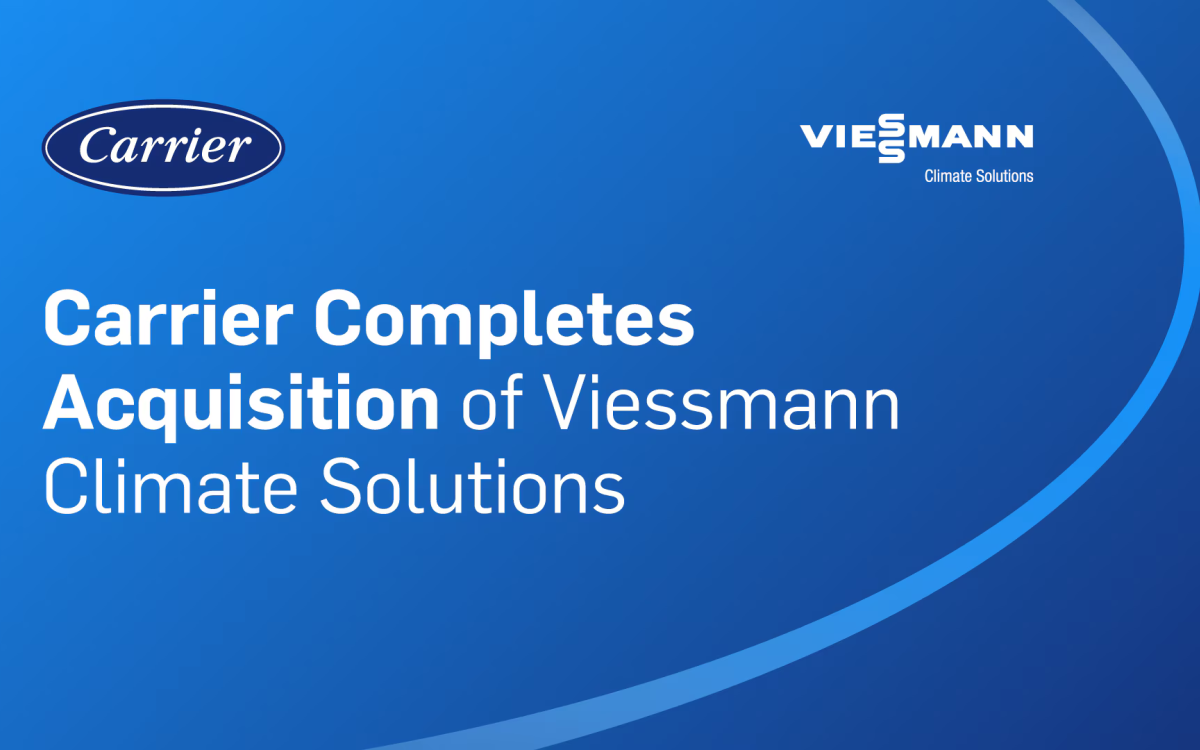
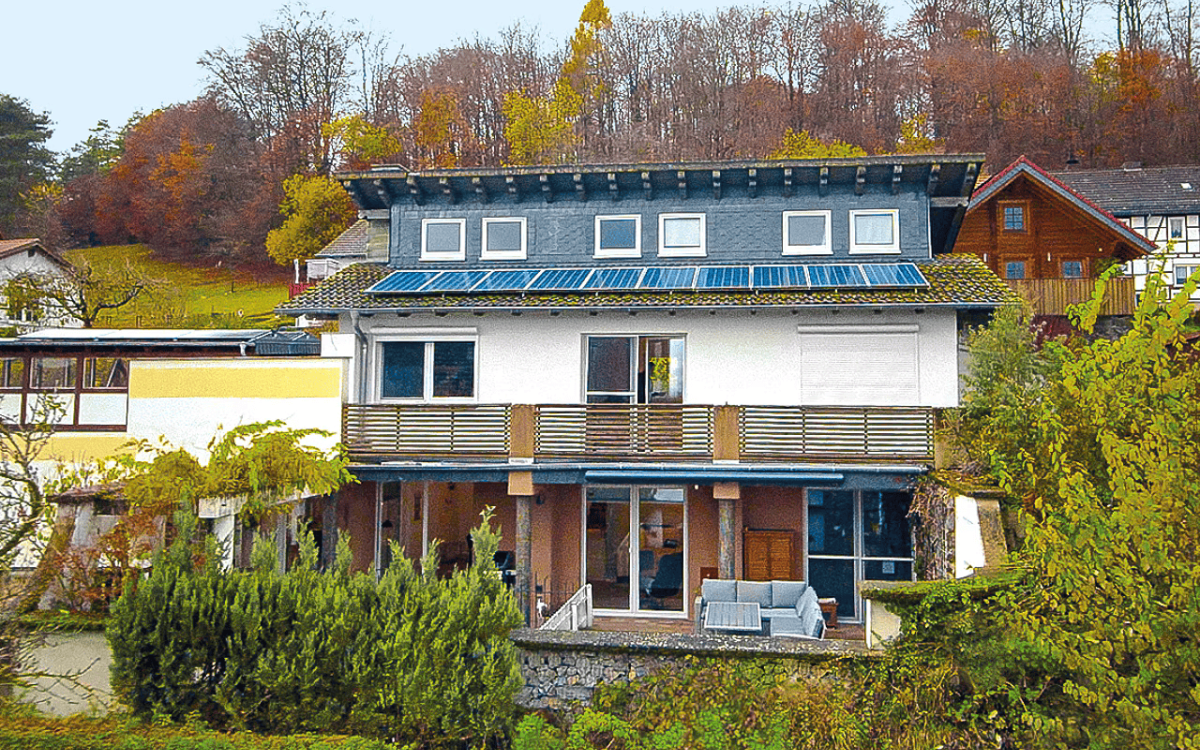
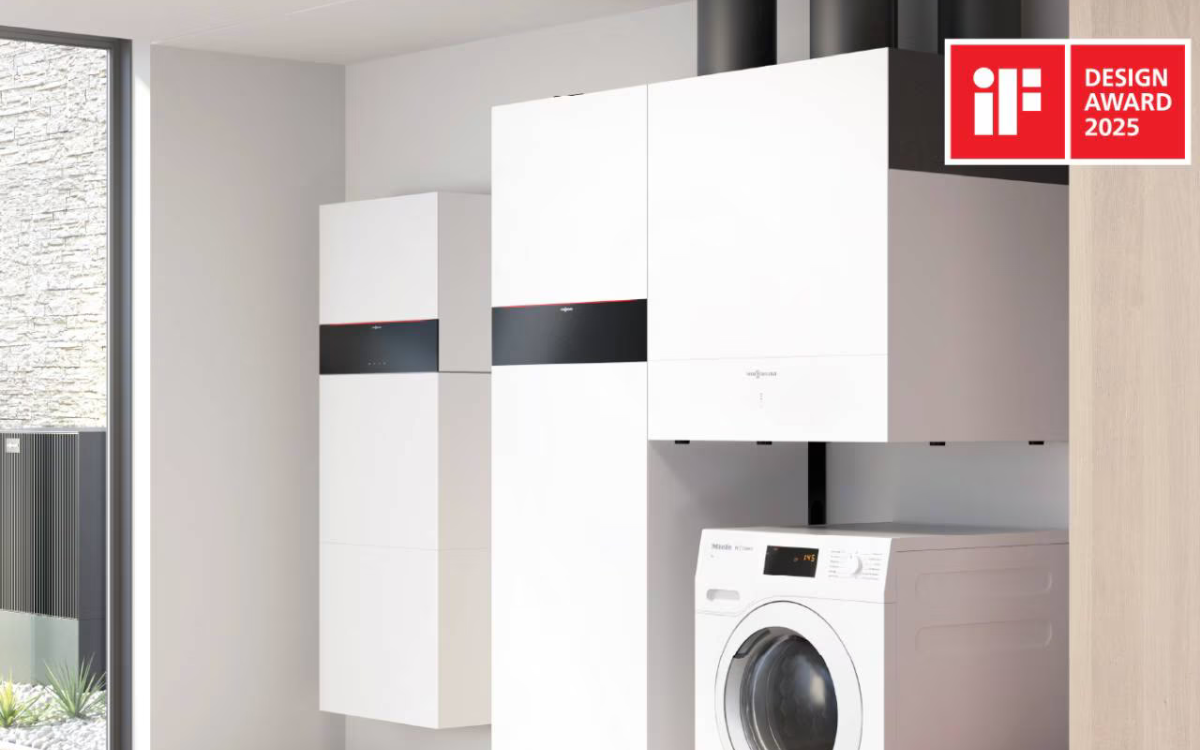

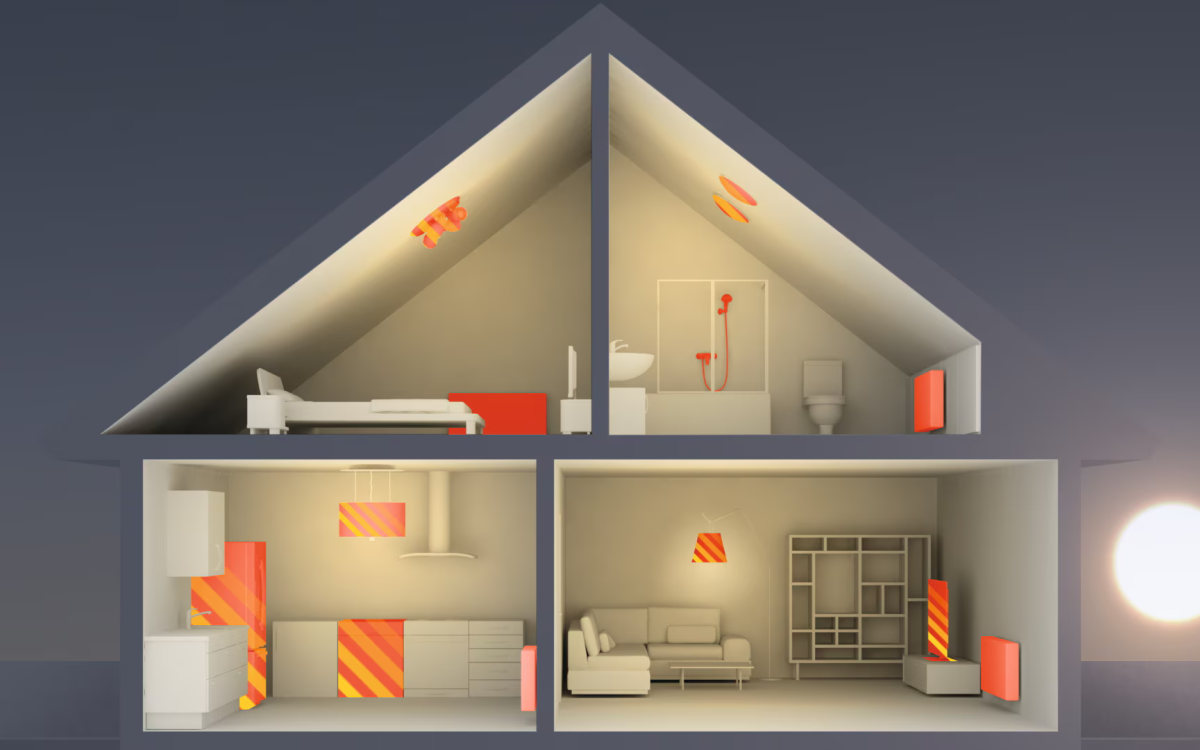
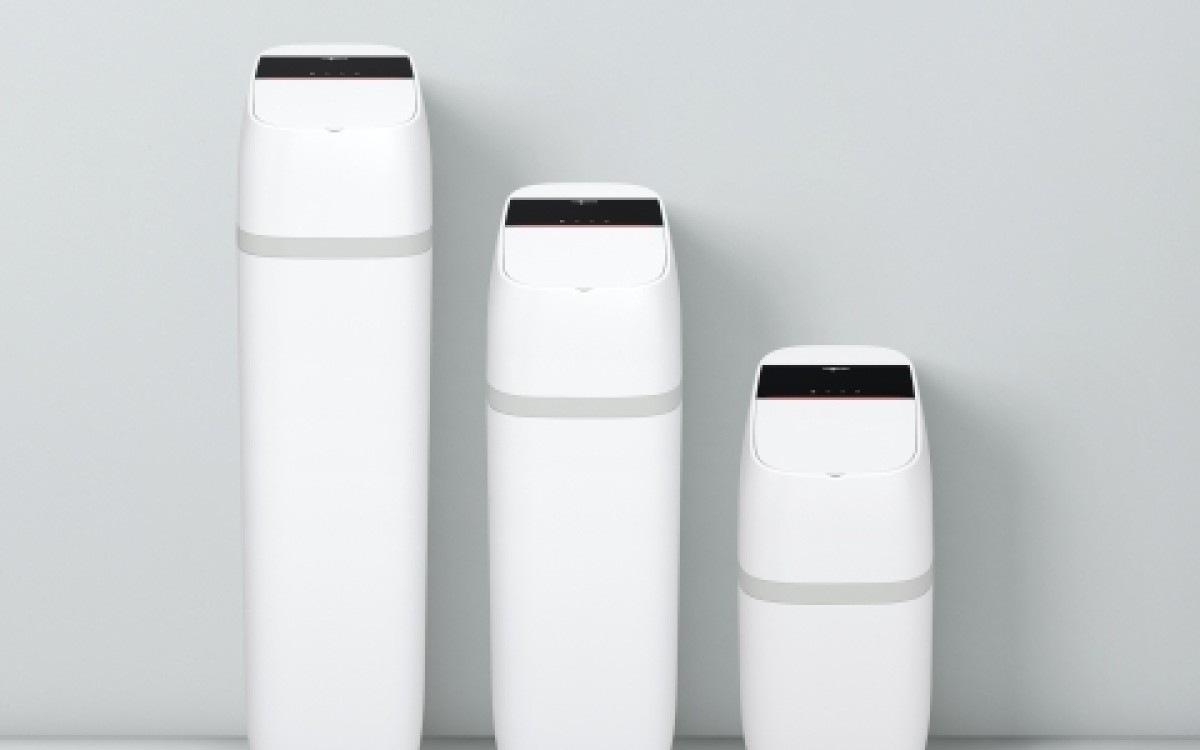
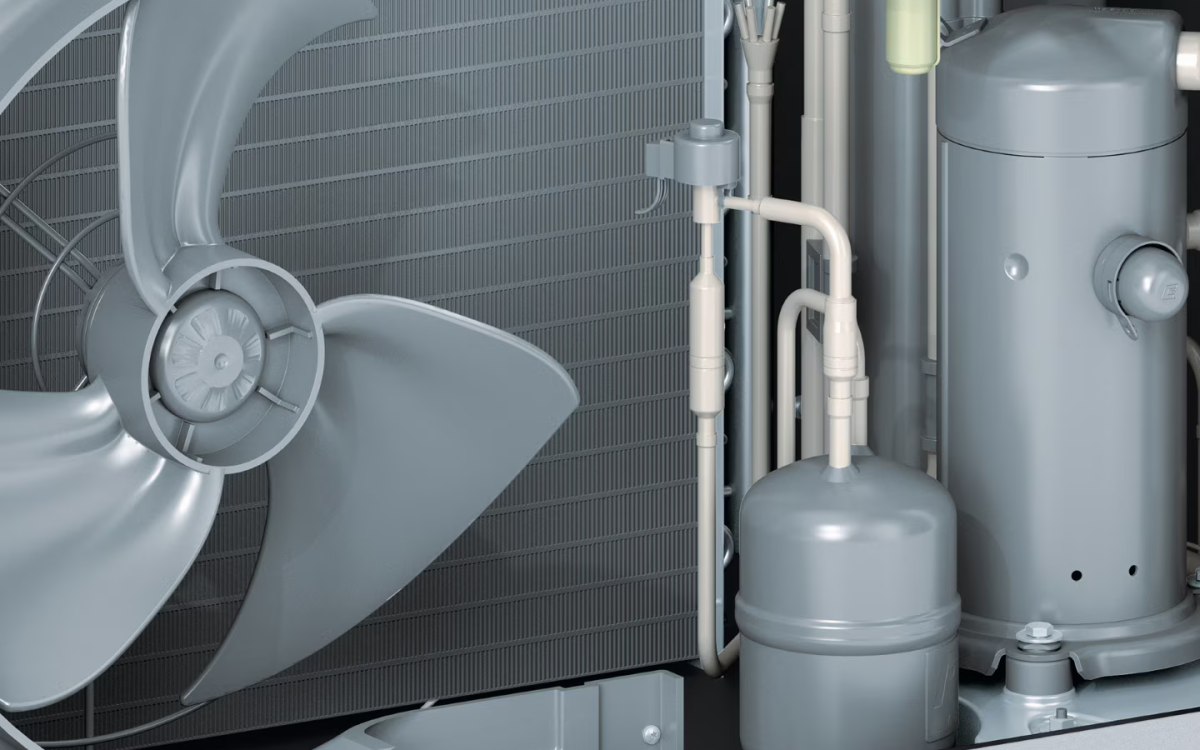
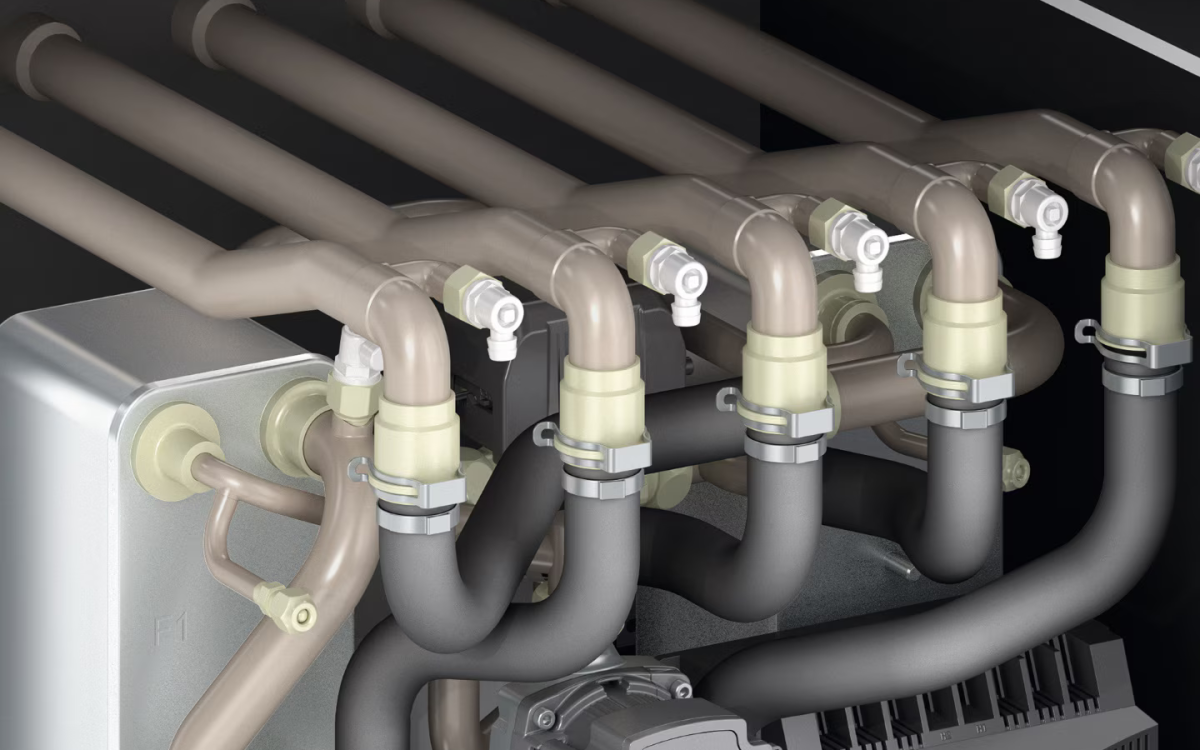
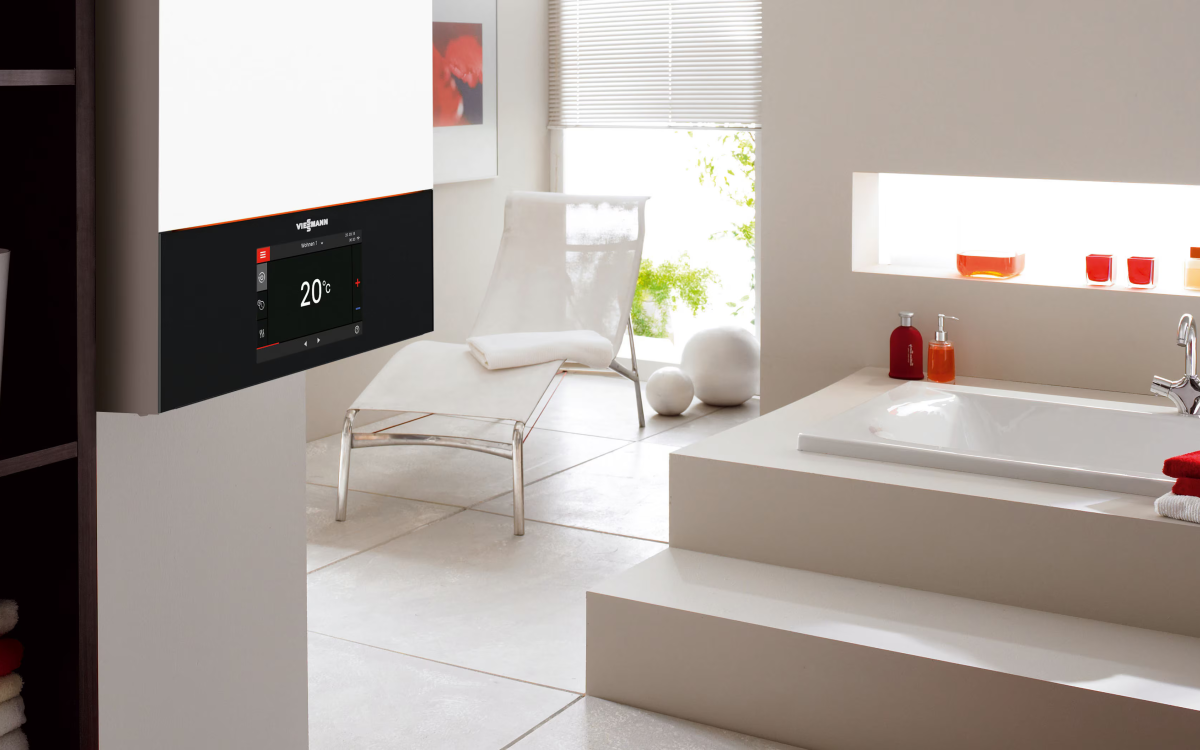
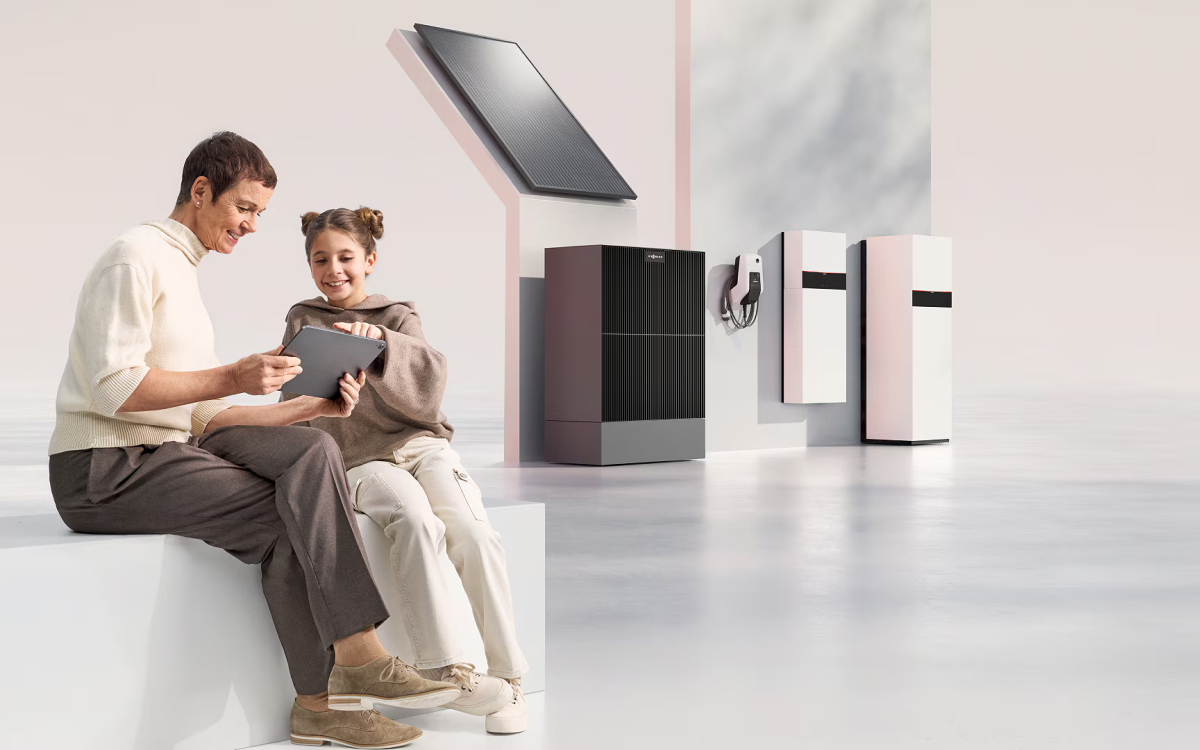
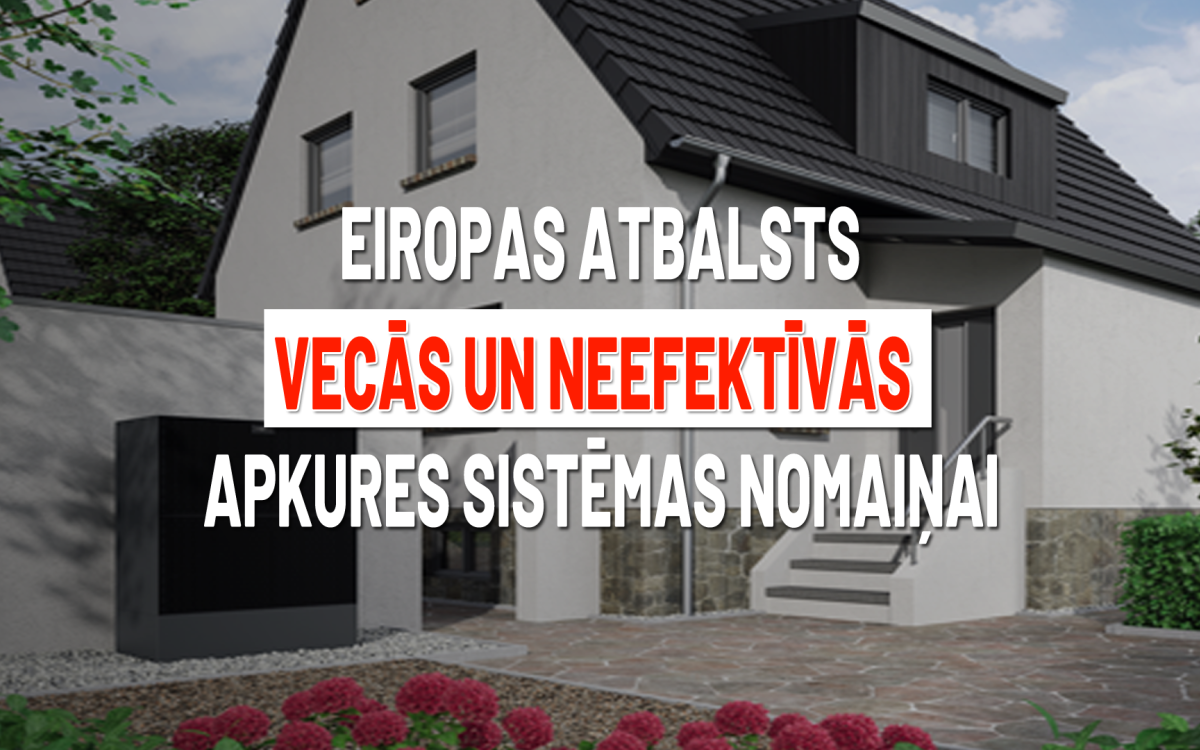
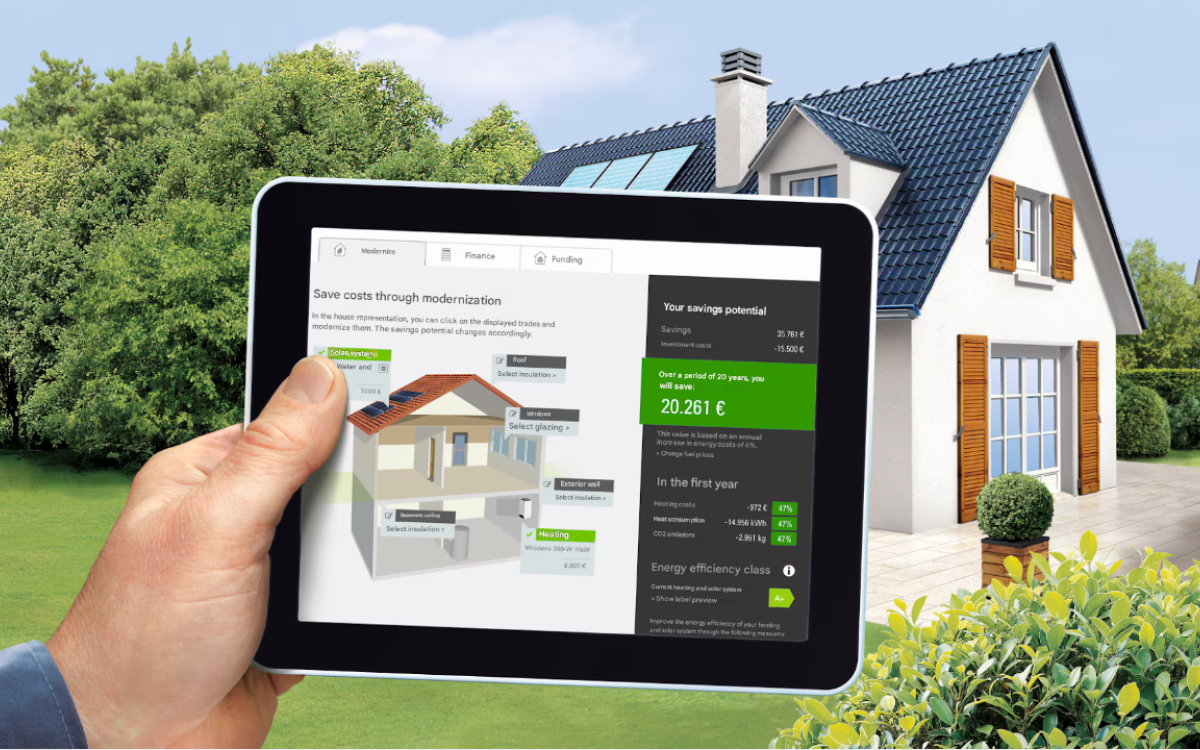
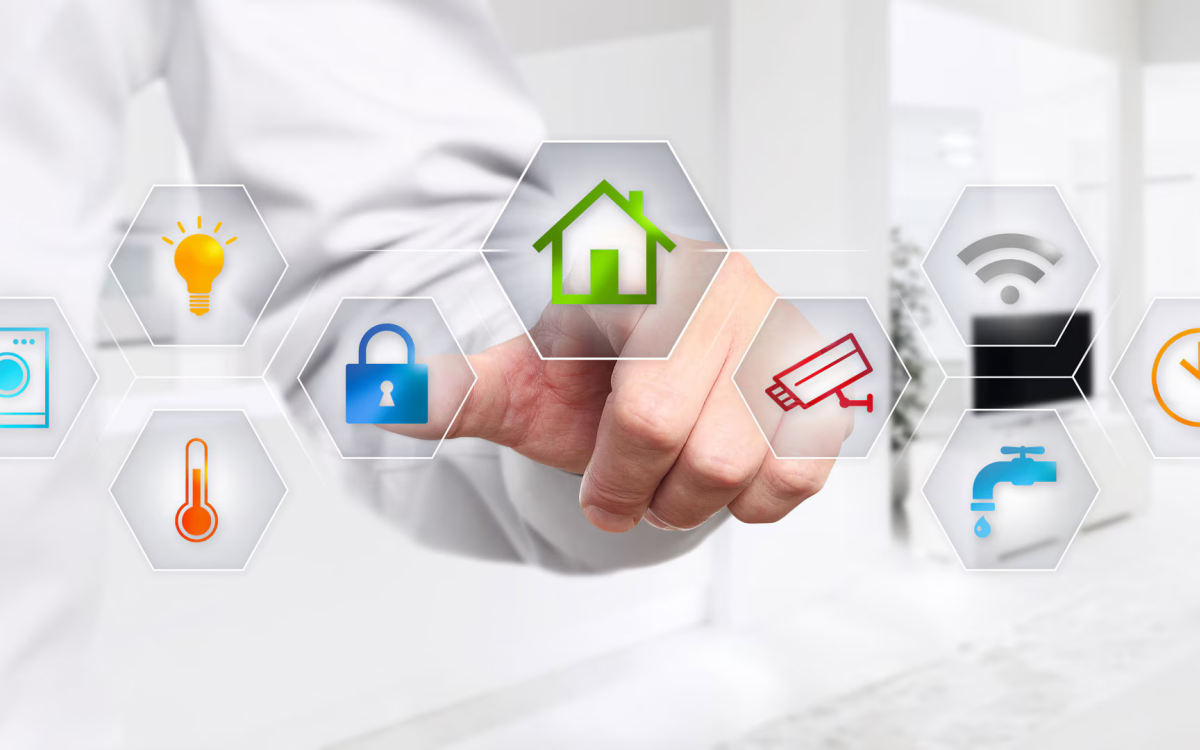
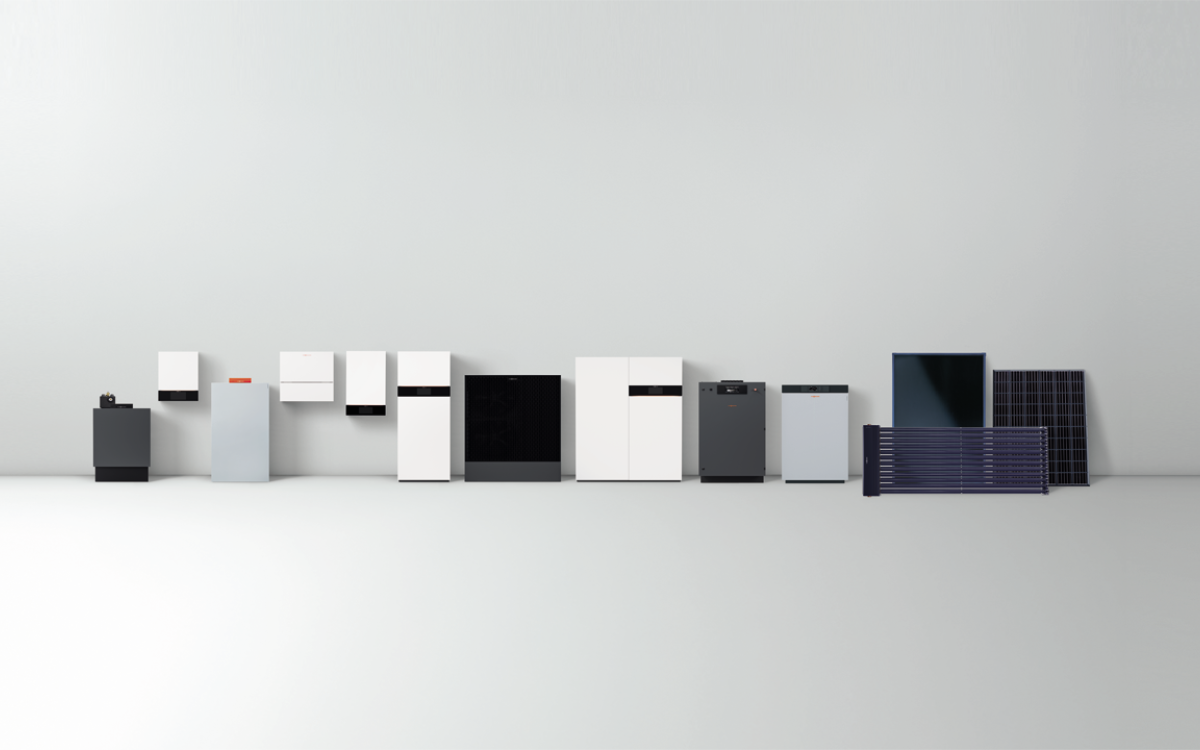
-1200x750w.png)
